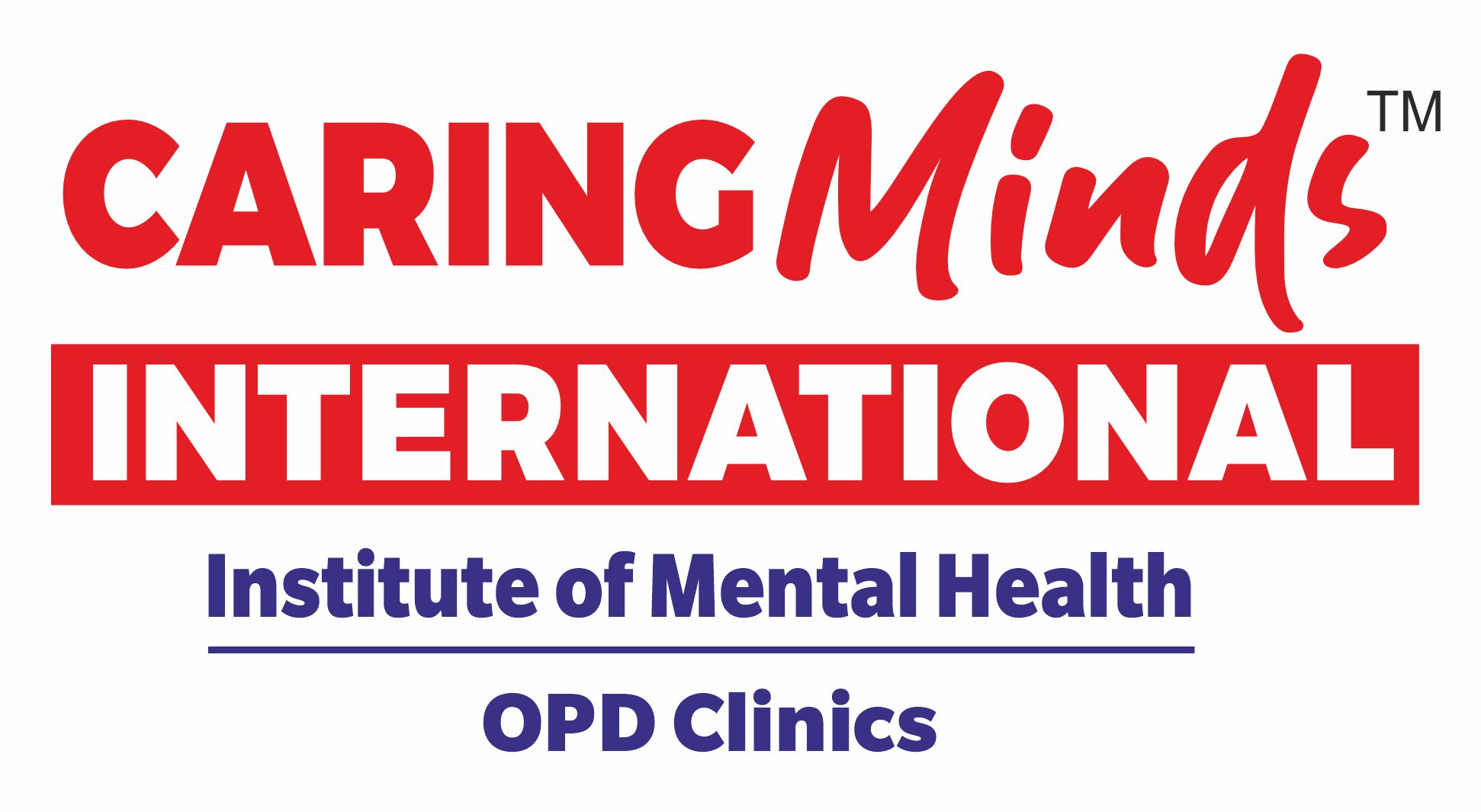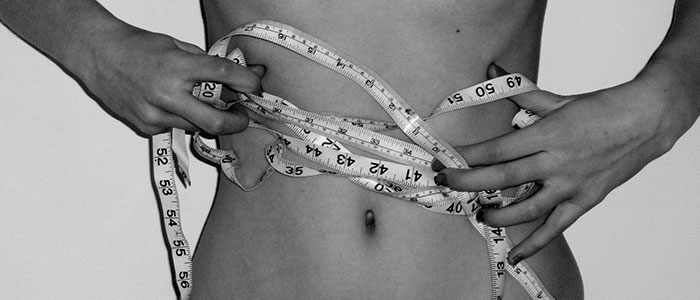In Anorexia Nervosa, a person might be so preoccupied with being slim that she/he might starve herself/himself to achieve weight loss. Anorexia is characterized by an abnormally low body weight, an intense fear of gaining weight and a distorted perception of one’s own body. People with anorexia place a high value on controlling their weight and shape, using extreme efforts that tend to significantly interfere with their day to day functioning. This could have severe consequences and, in women, lead to disturbance in the menstrual cycle. Although the disorder most frequently begins during adolescence, an increasing number of children and older adults are also being diagnosed with anorexia.
Worried that you might have Anorexia Nervosa:
- Are you excessively fearful about gaining weight?
- Do you excessively restrict your calorie intake in spite of being thin/ underweight?
- Do you pretend to eat or lie about eating?
- Do you exercise compulsively or take laxatives?
- Do you deny feeling hungry?
- Are you excessively concerned about eating in public?
- Have you experienced dramatic weight loss?
- Do you have strange or secretive food rituals?
Treatments, we provide that can help you:



